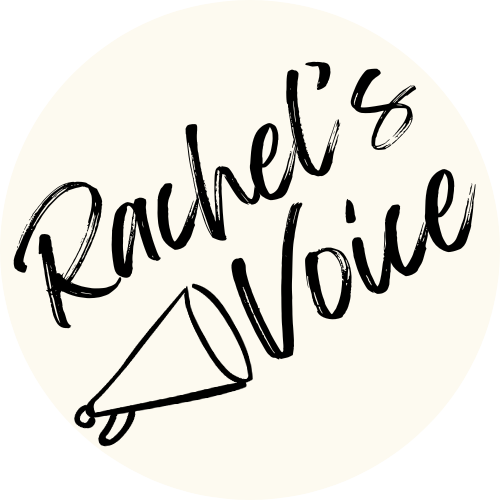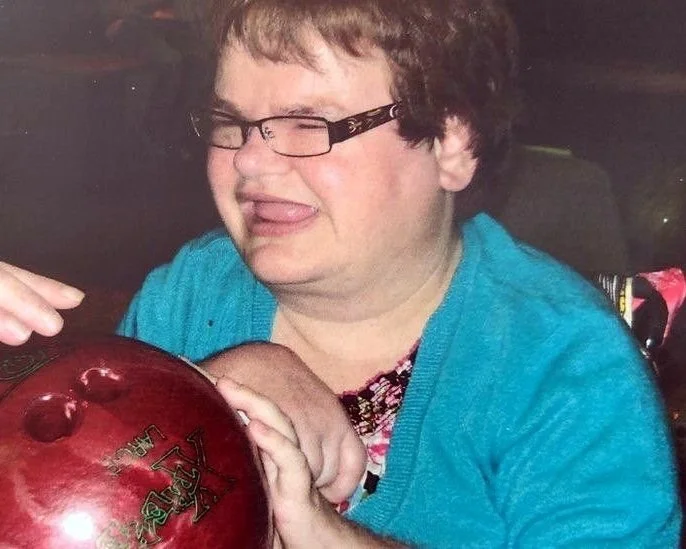Statement of Purpose
Rachel’s Voice works to reduce avoidable deaths of people with a learning disability in healthcare settings with the mission of driving health equality
We do this by providing legal advice to families and carers of people with a learning disability who have suffered an avoidable death in an acute hospital setting due to failures in medical care, whether the death has occurred in the hospital, or in the community after discharge.
The programme is a partnership between Fieldfisher solicitors and Mencap, and is named in memory of Rachel Johnston, following the organisation’s support and representation of Rachel's family.
For Rachel Johnston
Rachel's tragic and avoidable death, and subsequent inquest, highlighted the need for greater support for families to get answers and accountability in relation to avoidable deaths of their loved ones with a learning disability, and to campaign for system wide change across primary and secondary care. The inequality of arms at inquest between public and private sector providers and families of people with a learning disability who have died is grossly unjust, and Rachel's Voice seeks to address this and ensure that avoidable deaths of people with a learning disability are fully investigated, failings identified, and future deaths prevented.
It’s a stark and terrifying fact that if you are disabled, you’re five times more likely to die following medical treatment, than a non-disabled person.
Healthcare inequality is a day-by-day, hour-by-hour reality for every one of my clients. As a result of watching the impacts of this inequality over the years, myself and Catriona Filmer of Fieldfisher determined that there must be some additional action we could take outside of our day jobs that would help chip away at that inequality, and reduce barriers to treatment and to justice.
We had particularly observed barriers for clients to accessing healthcare and then accessing legal assistance in understanding why healthcare treatment had gone wrong. So, we decided to set up a pro bono advisory project that offered support to families who lost someone following medical treatment - find out why they died, pinpoint the extent to which their learning disability and or physical disability had played a part in causing that death, and use that knowledge to engender change and end healthcare inequality.
The project exists to enable to empower families' voices when the system shuts it down.

